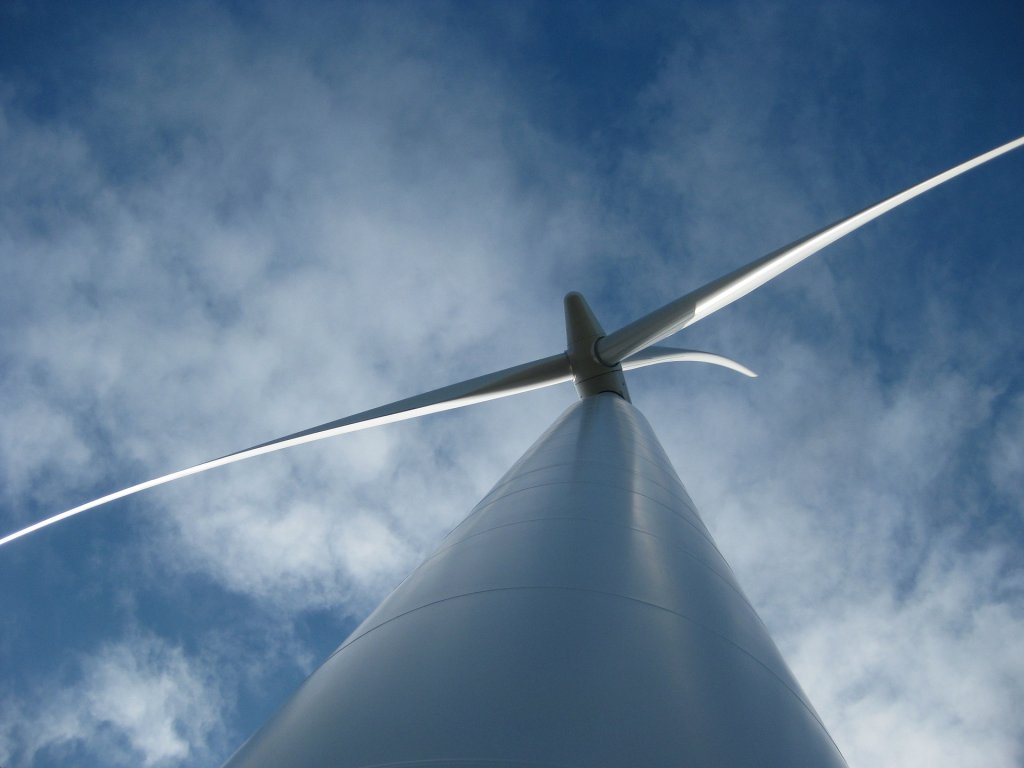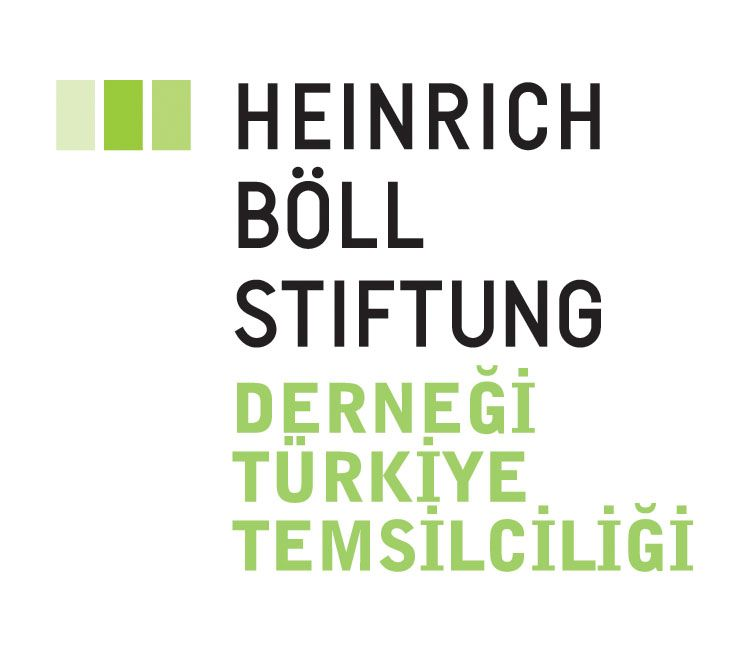Green Option in Turkey’s International Energy Policies – Emel Akçalı

Average temperatures in Turkey, just like anywhere else
in the Mediterranean, have been rising and will
continue to do so over the coming years. Meanwhile, the Mediterranean region also
warms 20 percent faster than the rest of the world. This results in floods,
heatwaves, droughts, desertification, and food shortages, leading to massive
migration and impacting the lives of 1/3 of the population in the region.
Turkey is an
emerging economy with an increasing need for energy. At the same time, it has a
great potential for renewable energy due to its geographical location, the primary
renewable energy sources being biomass, wind, hydroelectric, solar, waves, and
geothermal. Ankara’s total energy capacity from renewables has increased
steadily over the last decade, reaching 49,398
megawatts by 2020. According to
state media, Turkey’s green energy investments
have reached $66 billion, with renewables constituting over 53 percent of the
country’s total installed power capacity in September 2021. Despite market
logic’s growing role over climate policy and rising trends of state control over
renewable energy sectors, Turkey’s
nationally determined contributions to the Paris Climate Agreement are said to
reach the target of 26 GW of solar and wind power by 2030. While all
these promising developments are taking place, fierce competition for the
extraction of fossil fuels, namely natural gas, is also continuing and, at
times, even escalating pre-existing tensions with the neighbouring countries in
the Mediterranean.
However, despite offshore hydrocarbon discovery
ambitions, Turkey needs to deal with climate change and marine protection
issues in its energy diplomacy in the Southeastern Mediterranean due to its
commitments to the European Green Deal proposal by the EU Commission. In April
2021, the Council of the EU highlighted, for instance, the concept of the Blue Economy,
the need for more sustainability in oceans and seas which are the largest
ecosystems in the world and which need to be in good ecological and chemical
conditions in order to develop their economic and social potential. The Council of EU further underlined “the
importance of supporting measures to conserve, protect, restore and sustainably
use the rich biodiversity of the Mediterranean basin, a unique center of diversification
for fauna and flora species, of ensuring sustainable resource management,
including water, and strengthening sustainable food systems.” The Blue Economy
urges the Mediterranean countries to cooperate and mitigate geopolitical
tensions and risks before these result in long-term irrevocable hot conflicts
in the region.
As a candidate
country, Turkey, therefore, published its National Renewable Action Plan in
2014 and National Efficiency Action Plan in 2017 and adopted the goal of
achieving a 30 percent share of renewable energy in the electricity generation
mix and 10 percent of renewable energy in the transportation sector by 2023. In
October 2021, Turkey finally ratified the Paris Agreement and set a goal to
achieve net zero carbon status by 2053 by updating its emission targets in
different areas, such as manufacturing, energy, waste, transportation,
agriculture, etc. Despite Turkey’s abundant renewable resources, the share of
renewables in total final energy consumption and the transportation sector was
11.9 percent and 0.7 percent, respectively, in 2018. While renewable energy
sources constituted 44 percent of total electricity generation, hydropower
constituted 29.2 percent of total electricity generation in 2021. The share of
non-hydro renewables in electricity generation was 14.7 percent in 2019 (wind
at 7.2 percent, solar at 3.5 percent, geothermal at 2.9 percent, and bioenergy
at 1.1 percent). It is argued
that Turkey’s low level of renewable energy development is related to several
factors, including “a state-dominated energy market, politicized and weak
bureaucracy, opportunistic developers, limited civil society activism, and
complicated relations with neighboring countries”.
There are still
promising developments toward renewable energy transition in Turkey, however. Turkish engineers have created a ship that uses “Green Hydrogen”, for instance, and is scheduled to debut in
2025. The vessel will employ
green hydrogen as a fuel for the first time in history, in addition to solar
and wind power. There won’t be any asbestos in this ship, which is used on other
ships and negatively impacts marine life. The International Maritime Organization’s
2050 standards were said to be exceeded by the green ship design. On this ship, wind energy is also utilized as a novel model for
renewable energy for the first time. Furthermore, Turkey’s budding EV (Electric Vehicle) manufacturer
TOGG has taken a critical step toward a serial production. TOGG released its first
test electric cars straight off the lines in the Gemlik Industrial Zone,
southeast of Istanbul.
Given the
global push toward green energy and the vast potential of solar and wind energy
resources in the Mediterranean region, Turkey and neighboring countries should
aim to develop solar and wind electricity generation technologies to prevent
cross-border conflicts and promote environmental peace-making in the
Southeastern Mediterranean. Turkey can easily take the lead in this endeavour
with its potential, political will, and elite orientation. To this end, Turkey,
as well as the EU and regional countries, should re-consider the impact of
their neoliberal and hybrid green energy policies on their current green
imagination, democratize their green transformation space, rescue it from the
domain of (rentier) business interests only, and be more inclusive of ordinary
citizens directly affected by these transformations and environmental activists.
Such a move would create more progressive policy orientations, which would have
a more considerable potential of enabling environmental cooperation between the
countries of the Southeastern Mediterranean.

Emel Akçalı is an Associate Professor in International Relations at Kadir Has University in Istanbul. Prior to coming to Kadir Has, she was a senior lecturer at the IR department of Swansea University in the UK, and assistant professor at the IR Department of Central European University in Budapest, Hungary. Her research interests span environmental geopolitics, critical security, global IR theory, state, society, religion, gender and politics in the Middle East and North Africa, neoliberal governmentality outside of the Western realm and non-Western and alternative geopolitical discourses. She has been awarded the Centre for Applied Turkey Studies in Germany (SWP) grant on “Environmental Geopolitics in the southern Mediterranean: The potential for cooperation between Turkey, Egypt and Israel”, British Institute at Ankara grant in 2018 – 2019 to work on the economic contribution of Syrian refuges to Turkey, IMERA Aix Marseille University Institute for Advanced Study and CEU Institute of Advanced Study resident fellowships for world class scholars on her ongoing research on the challenges of state and societal transformation in post-revolutionary Tunisia. She is the author of Chypre: un enjeu géopolique actuel? (Cyprus, a geopolitical stake?) published by l’Harmattan in 2009, and edited a volume on Neoliberal Governmentality and the Future of the State in the Middle East and North Africa, published by Palgrave in 2015. Her articles have been published in Political Geography, Journal of International Relations and Development, Environmental and Planning and Development, South European Society and Politics, Security Dialogue, Eurasian Geography and Economics, Antipode, Annals of the American Geographers, Asian Journal of Social Sciences and Geopolitics.
To cite this work: Emel Akçalı, “Green Option in Turkey’s International Energy Policies” Panorama, Online, 05 December 2022, https://www.uikpanorama.com/blog/2022/12/05/ea/

This article has been prepared with the support provided to the International Relations Council and the Global Academy by the Heinrich Böll Stiftung Association Turkey Representative within the scope of the project titled ‘Foreign Policy for the 21st Century; Peaceful, Equitable, and Dynamic Turkey’.
Copyright@UIKPanorama. All on-line and print rights reserved. Opinions expressed in works published by the Panorama belongs to the authors alone unless otherwise stated, and do not imply endorsement by the IRCT, Global Academy, or the Editors/Editorial Board of Panorama.